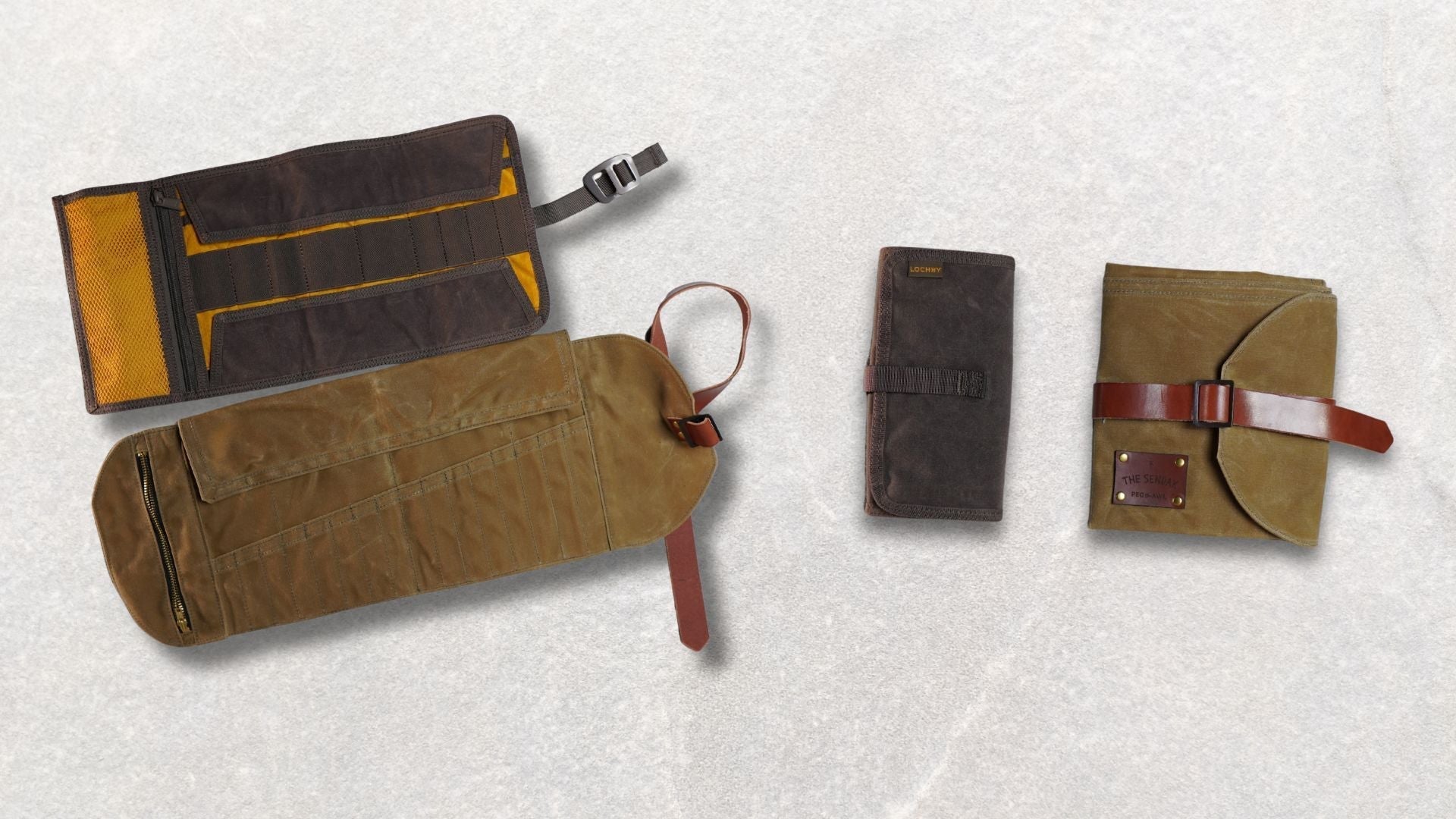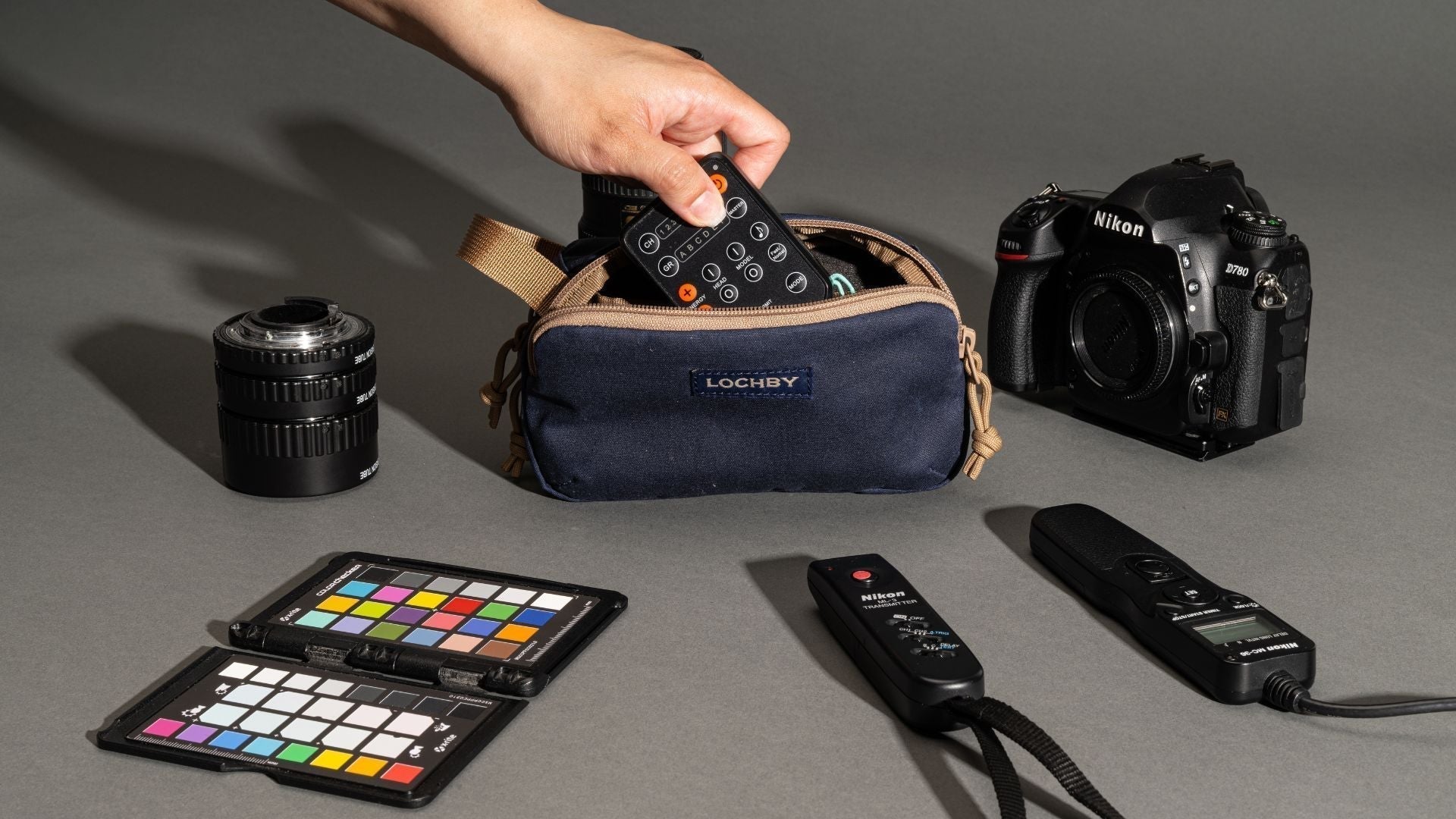Time and time again, people have been encouraged to write down their goals. We’ll find this piece of advice in practically every goal setting guide out there as one way to ensure success. Whether it’s personal or otherwise, when it comes to setting goals, one of the first things you’ll be asked to do is to write them down. Short of simply taking a piece of paper and jotting it all down like a grocery list, here’s a fun way to start keeping track of the wonderful things you want to achieve:
Journaling!
Believe it or not, journaling can be instrumental in helping you achieve your goals in life. To people who haven’t journaled before, the process may seem like too much work, but don’t say no just yet! Here’s a great perspective: when it comes to goal setting, keeping a journal or planner is similar to having a personal coach whose sole purpose is to help you achieve them. Doesn’t that sound great? But then how, you might ask. Through the very act of writing itself!
There’s a reason why we were (and still are) encouraged to note things down in school and at work: because writing helps with focus and memory. According to Forbes, “people who very vividly describe or picture their goals are anywhere from 1.2 to 1.4 times more likely to successfully accomplish their goals.” Now imagine how much you can achieve just by writing your goals down! That already puts you ahead of everyone else who only thinks but never writes about their goals.
In this article, we’re going to help you discover the wonderful ways journaling can take your goal setting game to the next level. Like many others, we want you to start ticking off items from your list as well as your life - and in style!
How to use goal setting in your journal.
It goes without saying that the first thing you’re going to need is a journal or a planner. This can be anything: a notebook, phone app, or an actual journal. Here at LOCHBY, you can get started with a Field Journal or the ultra portable Pocket Journal, both of which you can take anywhere. They’re made with rugged materials - waxed canvas to resist water and abrasion, aircraft-grade aluminum hooks - to keep all of your goals safe.
As long as you feel comfortable writing in it and it’s easily accessible to you, then you’re all set for the next step!
Think and Write: What are your goals?
The importance of journaling depends on what you write in your journal. Really think about the things you want to achieve. What goals, whether big or small, do you want to reach? Often, we overestimate what we can do in a day and underestimate what we can do in a year. What things can you accomplish? Your journal is a safe place where you can be completely open and honest while being realistic. Include every single thing that comes to mind! If you’re a visual learner, sketch or doodle your goals.
Anything will help - what matters here is that it all makes sense to you!
Once you’ve got a nice little list, separate your long-term goals from the short-term ones. Long-term goals are the things you want to accomplish in 5 to 10 years, while its counterpart has a timeframe of 6 months to a year. Doing it the SMART way will help, and what it stands for is Specific, Measurable, Achievable, Realistic, and Time-bound. Your goals should be clear, tangible, realistic, and set within a timeframe. Here are some things to consider for better progress:
- How can I make it more specific? As much as possible, don’t set unclear goals. “I want to be healthy and fit” is vague. What you can do instead is figure out what healthy and fit means to you so you can set specific targets and tasks on how to achieve it for yourself.
- How can I measure when I have achieved my goals? This may vary depending on what your targets are. It can be as simple as checking your weight or how far you can run without getting tired.
- Are my goals realistic and can I reach them? Healthy and fit doesn’t immediately mean weight loss. It could also be weight gain, or building more muscle mass. Whichever it is, don’t hold yourself to unattainable heights. Go for doable goals.
- What will these goals do for me? Ask yourself: what will I achieve by accomplishing this goal? Knowing what your desired outcome is will help you pull through during difficult days where you don’t feel like working on your goals.
- When do I want to have reached my goal? SMART goals always have a timeframe. If you’ve run out of time, it’s ok! You can review and reassess your goals and then work on a more workable timeframe from there.
Have a schedule
Now it’s time to figure out when to start once you have an action plan. After listing down all of your goals and making them SMART, a schedule is the next step. It’s worth repeating that being realistic is key: don’t pack every single goal in a single day or an entire month. Instead, break every task down into smaller fractions that are both measurable and action-oriented. This way, you can achieve your goals in shorter periods of time with enough rest in between. When it’s rough, little wins like these will motivate you to keep going!
Of course, don’t forget to include writing everyday as part of your schedule. This helps you keep track of your progress so that you can stay committed to your goals. First thing in the morning or before bed, it doesn’t matter! Choose a time that works for you, even if it’s during breaks at work or in school. Our Field Journal and Tool Roll allows you to bring everything you need for journaling so that you can write ideas down while on the go!
Write about everything, even your setbacks. Be as specific as you can. Details will help you uncover patterns and can assist you in figuring out what’s working and what isn’t in your journey to achieving your goals. Learn from every success and failure, and do better. You can do it!
Other tips
Aside from writing in your journal, a best practice that works for a lot of people is reviewing previous entries. It’s up to you whether to do it once a week or once a month, but do spend some time going over what you’ve written. More than just a time for rest, it will help you identify your strengths and weaknesses, as well as pinpoint areas of improvement on your action plan where adjustments can be made so that you’re closer to reaching your goals more than ever.
Also, at the end of your chosen time period and if you can, save some space for reviews too! Write down how you feel about your progress and how far you’ve come. It may not feel like much sometimes, but as long as you're making a dent on your goals, then you're making progress! These things are worth celebrating.
Now what should you do once you’ve used up your journal and achieved all of your goals? We suggest keeping your journal indefinitely. It holds a valuable record of your success: what your goals were and the wonderful ways you’ve achieved them. It’s a treasure trove of ideas and information that can help you achieve other goals. With the LOCHBY Field Journal and Pocket Journal, a written account of your journey to reaching and accomplishing your goals will last a lifetime. Leave it for someone special, like your grandkids!
Goal setting has never been easier thanks to the art of journaling. Achieving something for yourself doesn’t have to be a boring checklist - it can be more adventurous than that!
Are you a first time journal keeper, or have you been journaling for a long time? What have you decided on achieving this year? What new ideas - or old ones - are you currently working on?
Whatever you have planned, we hope you reach all of your goals. Happy journaling!





How to Improve Focus and Clarity In Your Life
Journaling Your Way Through The Pandemic